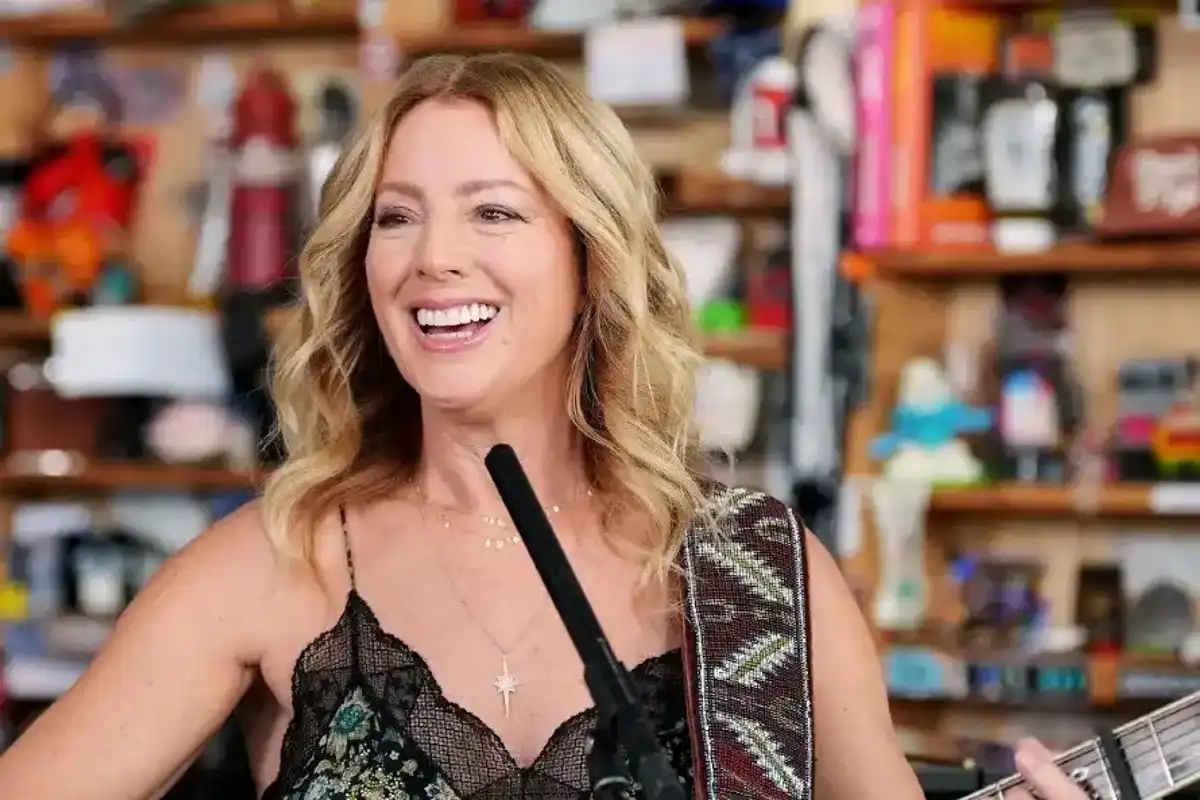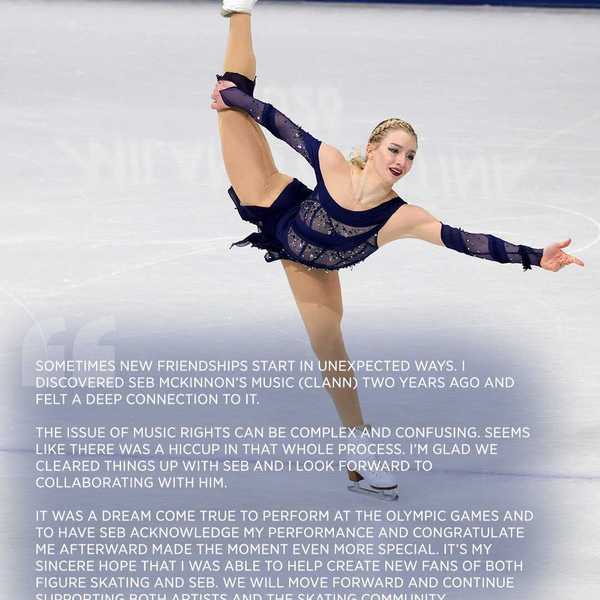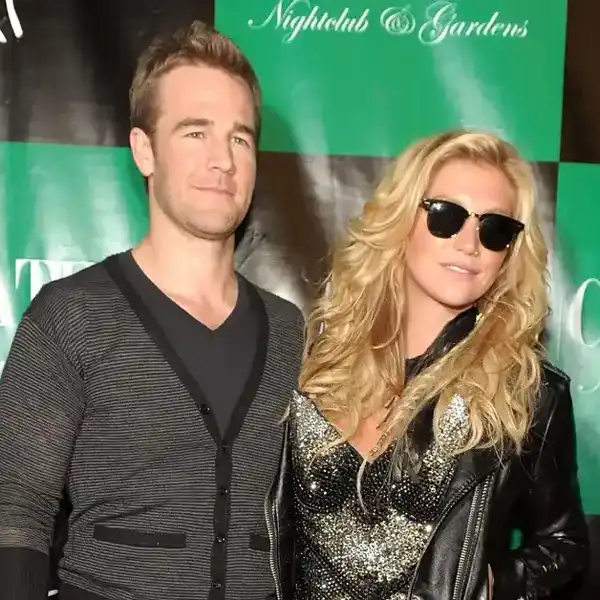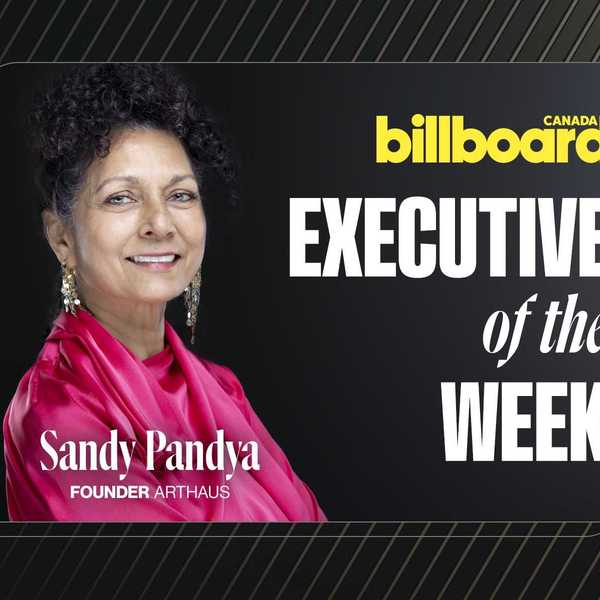Retired Broadcaster Mark Elliot Remembers A Kinder Time
Now writing under the name Nils Johansen, the retired radio announcer has fought many a battle and famously battled with inner demons. In a Facebook posting recently he reflects on a kinder, gentler time in radio and wonders if there is enough room and enough pay for a new cast of young broadcasters in a world where headcounts are shrinking as fast as the polar ice caps.
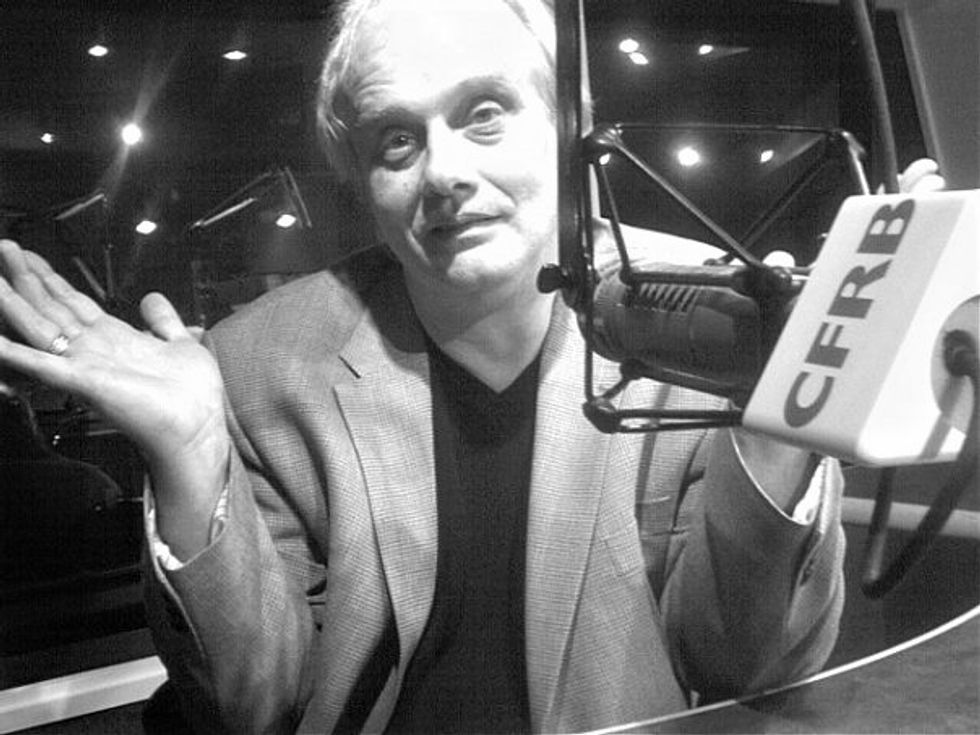
By External Source
Now writing under the name Nils Johansen, the retired radio announcer has fought many a battle and famously battled with inner demons. In a Facebook posting recently he reflects on a kinder, gentler time in radio and wonders if there is enough room and enough pay for a new cast of young broadcasters in a world where headcounts are shrinking as fast as the polar ice caps.
30 plus years ago I was a highly rated radio personality in Ottawa under the stage name of "Mark Elliot." A period of my life I remember fondly because of the love, respect and warmth I knew in this community. I will always have a deep love for Ottawa; however, my life and my career eventually led me elsewhere.
I never expected my employers to be warm to the idea of me admitting I was gay and to understand those times better: In 1976 Elton John had a hit song titled "The Bitch Is Back" and as the host of the Top 40 "Campus Club for Coca'-Cola" on 580 CFRA I was allowed to say only: "Here's Elton John!"
To mention "The Bitch" could have resulted in dismissal.
(This story has a happy ending because I followed the rule and stayed in Ottawa for another 12 years)
Around the same time, a good friend of mine named Johnny Mack was also a deejay. Johnny was FM, and I was AM at Radio Winnipeg where we were good friends. He was a bright young talent who became really popular, but soon Johnny was lured away to a competitor where he found incredible success!
Ratings are EVERYTHING in media and Johnny became the king of the airwaves in Winnipeg of 1976! He was the top man every evening with an audience of teenagers hanging on his every word!
Then one evening a young boy called him on the air and spoke about his heartbreak at finding himself in love with another boy. I didn't hear it myself, but I was told the boy was in tears and threatening suicide while Johnny tried to console him. Johnny tried, even to the point of speaking about himself and admitting on the air that he is gay.
Johnny may have saved that boys life that night. Maybe he helped many.
I hope he did because that was the last night Johnny Mack was heard on the radio in Winnipeg.
(After telling this story in another article several years ago I got a phone call from a lovely retired gentleman who now lives in South Florida after a lifetime spent with his partner from Winnipeg.The love of his life from 1976 until the day that partner who eventually became his husband died. Straight people aren't the only ones with that “till death do us part” routine. God Bless You, Johnny Mack! Still alive and thriving!)
Mark Elliot took many more years to find the courage of Johnny Mack.
When I did, I was able to talk about suicide, the number one killer of gay kids in Canada and around the world. So, when I read about radio personalities Jesse Reynolds and Jenna helping a gay kid come to terms with his sexuality and his family it warms my heart. Gay kids need mentors they can look up to in our media, but there is less and less room for them as radio and media have consolidated, and consolidated with the sole goal of cutting costs and generating more profits.
Our public airwaves are just that: Publicly owned airwaves. These are media licensed by our federal government to serve our communities with news and information, music and entertainment. *Note that the word "shareholders" does not factor into these services. An oversight?
As a former insider, now retired and outside the business, I can tell you what I've always known. These mega-corporations are more concerned with making $1 into $1.25 and will do anything to do it.
Back in the 1990's bankers found that broadcast licensees were incredibly undervalued and made for a good investment. The industry was ripe for takeover, so they did take it over. Private broadcasting in Canada today is run by accountants who know a good thing for them is to find new ways to save money and make more profit for shareholders.
I think of it as "Downsizing to Greatness!" (Hang on because this hurts!)
Less is more in this world of spreadsheets and balance books.
For example: why have six radio newsrooms for six different radio stations when one newsroom can service all six? (This has been implemented already nationwide in most major markets)
By eliminating five, you generate huge economies saving lots of money. As well, now you can get top talent more cheaply since there will be fewer competitors vying for the talents of the brightest and the best, right?
This may look great on a balance sheet, but it has a nasty downside when you realize there will be fewer opportunities for the brightest and the best and that those bright ones will be less likely to consider this field when there are better options with better pay to consider in other fields.
Look at what's happening to Reynolds and Mo. They are being replaced by a syndicated U.S. morning show which I'm sure is very good. U.S. radio is full of syndicated radio shows. Satellites have made them cheap to run. A lot less expensive than paying for local radio personalities. They are also available everywhere.
Ryan Seacrest, John Tesh, George Noory, Delilah, and lots of others dominate radio listening everywhere today, And why not?
There are no regulations regarding Canadian content on syndicated radio programming in Canada and Americans dominate the field.
As one radio programmer told me recently, it's amazing how much local Canadian radio talent is on the side of the road today unable to find a job.
Radio stations used to be mostly locally owned and operated. Of course, there were also corporate operators - but they were limited and only allowed to own a few radio and television stations. Now without limits, the few surviving corporate giants use their weight against the regulators.
A friend recently joked about working in St. Thomas, Ontario in the 1960's at a radio station where the owner had an office in the corner of the building.
Is there any owner in any corner office of any media outlet in Ottawa anymore?

